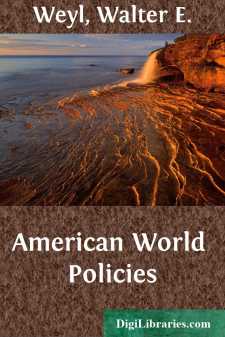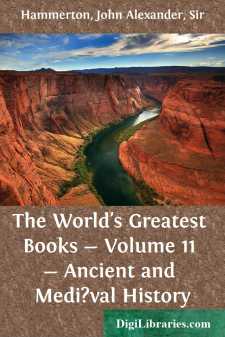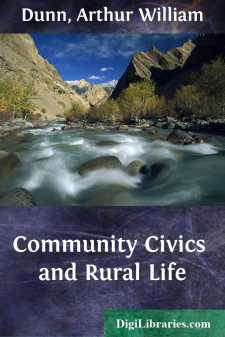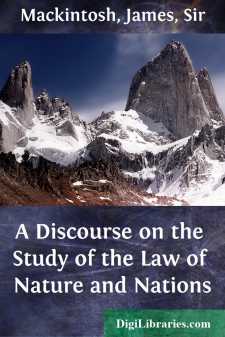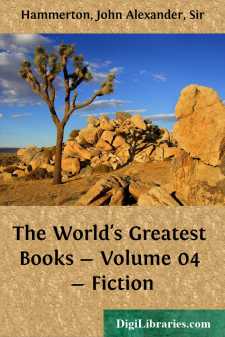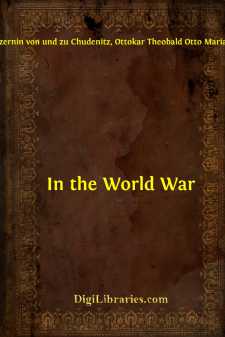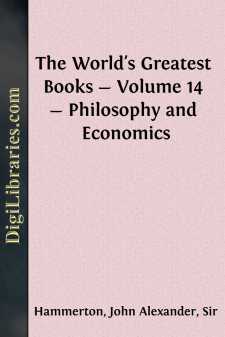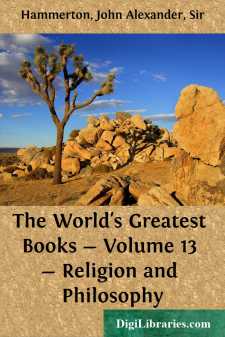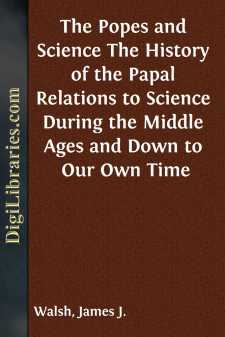Categories
- Antiques & Collectibles 13
- Architecture 36
- Art 48
- Bibles 22
- Biography & Autobiography 813
- Body, Mind & Spirit 142
- Business & Economics 28
- Children's Books 17
- Children's Fiction 14
- Computers 4
- Cooking 94
- Crafts & Hobbies 4
- Drama 346
- Education 46
- Family & Relationships 57
- Fiction 11829
- Games 19
- Gardening 17
- Health & Fitness 34
- History 1377
- House & Home 1
- Humor 147
- Juvenile Fiction 1873
- Juvenile Nonfiction 202
- Language Arts & Disciplines 88
- Law 16
- Literary Collections 686
- Literary Criticism 179
- Mathematics 13
- Medical 41
- Music 40
- Nature 179
- Non-Classifiable 1768
- Performing Arts 7
- Periodicals 1453
- Philosophy 64
- Photography 2
- Poetry 896
- Political Science 203
- Psychology 42
- Reference 154
- Religion 513
- Science 126
- Self-Help 84
- Social Science 81
- Sports & Recreation 34
- Study Aids 3
- Technology & Engineering 59
- Transportation 23
- Travel 463
- True Crime 29
American World Policies
by: Walter E. Weyl
Description:
Excerpt
CHAPTER I
AMERICA AMONG THE NATIONS
The Great War has thrown America back upon itself. It has come as a test and challenge to all our theories. Suddenly, yet subtly, it has shaken our optimism and undermined our faith in the peaceful progress of humanity. Our isolation is gone, and with it our sense of security and self-direction. Americans, who a few days ago would have dared to abolish army and navy as a supreme earnest of good faith, reluctantly agree to arm. "Self-defence," they now say, "comes before progress. We must lay aside our hopes of a world at peace and must guard our gates."
Doubtless there is some exaggeration in our change of mood. Men speak as though a miracle had swept away the Atlantic Ocean, leaving us stranded on Europe's western shore. Fortunately the Ocean, always America's ally, still lies there, narrowed and curbed, yet three thousand miles of storm-swept water. Physically and morally, however, our isolation has dwindled. Dreadnaughts, submarines and airships can now reach us and our commerce, industry and national ambitions are interwoven with those of Europe. We shall never again stand aloof from the world.
To Americans this change has come so suddenly, though it has been long preparing, that we fail to visualise the new situation. We glibly repeat that our isolation is gone, but do not ask ourselves what is the nature of the bond that has ended our isolation. Is it amity or enmity? Are we to become one of a dozen clutching, struggling, fighting nations, seeking to destroy each other, or are we to contribute to a solution of the problems that now divide nations into warring groups? Though our isolation is gone, we still preserve a latitude of action. We may choose between two foreign policies, between Nationalistic Imperialism and Internationalism. We may elect to fight for our share of the world's spoils or to labour, and, if necessary, to fight for a world peace and for just international relations, upon which alone a permanent peace can be based.
Such a choice involves for Americans the main trend of our civilisation; for Europe it is hardly less vital. Our influence upon Europe, like hers upon us, has grown with the shrinking of the earth's surface. Our bulk, our resources and our remnant of inaccessibility give us a weight in world affairs far in excess of our military power. We are advancing in population, wealth and general education, and our future progress in these directions is likely to be more rapid than that of Western Europe. Moreover we are the only strong nation not tied up in existing international enmities. Our hands are unbound. How we shall act, therefore, whether we shall add to the complications of Europe or aid in disentangling them, is a world as well as a national problem.
In the main such national determinations are dependent upon great economic forces, acting upon the nation from within and without. These economic forces, however, do not work upon stones but upon those loose bundles of instincts, reactions, ideals and prejudices that we call men....


